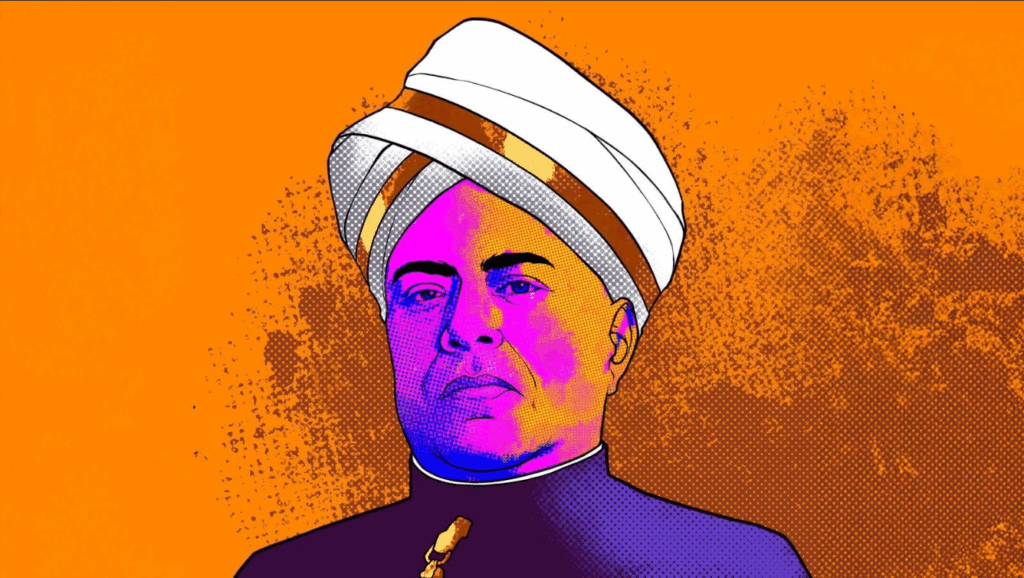Annamalai Chettiar, born in 1881 into the influential Nattukottai Nagarathar community, was far ahead of his time. Decades before India’s liberalisation and the rise of modern global businesses, Chettiar understood international finance, diaspora networks, and institutional growth. He co-founded Indian Bank with his brother and later served as the governor of the Imperial Bank—now known as State Bank of India.
Cracking Cross-Border Banking
Chettiar’s real genius lay in how he scaled the Chettiar community’s traditional money-lending practices into a sophisticated transnational banking system. By creating trust-based financial networks across Southeast Asia, he enabled faster money transfers long before digital systems existed. His version of correspondent banking resembled a cultural equivalent of PayPal and Western Union, built on relationships and reputation.

Focus on Education and Philanthropy
Beyond business, Chettiar saw wealth as a means for building institutions. In 1920, he established Sri Meenakshi College in Chidambaram, which later became part of Annamalai University—an institution that continues to educate millions. He also supported Tamil arts through initiatives like the Tamil Isai Sangam.
Adapting to Crisis
The Great Depression of 1929 hit Chettiar’s ventures hard, particularly as Burmese farmers began defaulting on loans, weakening the Chettiar banking stronghold in Southeast Asia. Instead of retreating, he shifted his focus toward institution building, laying foundations for educational and charitable endeavours that would endure beyond economic cycles.
Grand Architecture and Lifestyle
Chettiar was also known for his taste in architecture. He constructed lavish properties like the Chettinad Palace in Chennai and the Kanadukathan Palace, both exemplifying a blend of Indian heritage and imported materials. These homes took years to complete and reflected his deep appreciation for design and cultural preservation.
Political Journey and Recognition
Chettiar entered politics in 1920, becoming a member of the upper house of the Imperial Legislative Council and serving for three terms. The British honoured him with a knighthood and the title “Rajah of Chettinad.” However, official Indian recognition came much later—in 1980, a commemorative stamp was issued in his name, 32 years after his death.
A Family of Achievers
His legacy lived on through his family. His son, Sir Muthiah Chettiar, became the first mayor of Madras, and his grandson, P. Chidambaram, went on to become India’s finance minister.
Why His Story Matters Today
Annamalai Chettiar’s life challenges the common belief that India’s global business ambitions began post-1991. He built cross-border systems, trusted institutions, and contributed to public life without external funding or state support. His approach combined cultural intelligence, philanthropy, and strategic scale—much like a case study in modern emerging market entrepreneurship.
In an age of venture-backed growth and global ambitions, Annamalai Chettiar remains a timeless reminder that thoughtful, relationship-driven business can go global even without digital tools—only with vision, values, and community.
